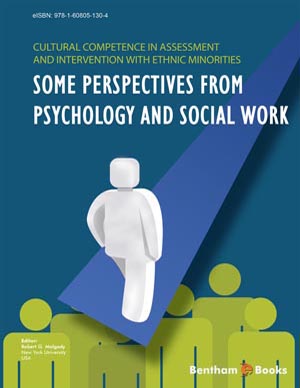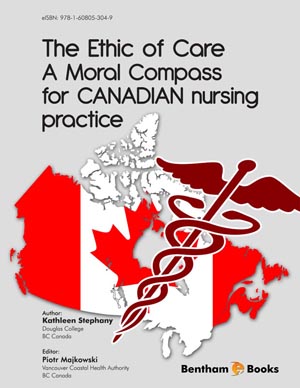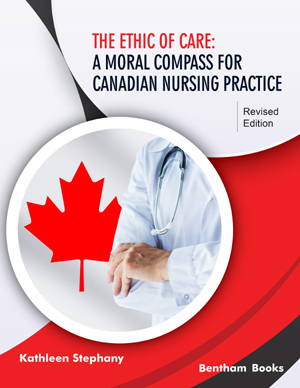Abstract
Chapter Five asserts that there is value in teaching health professionals how
to be empathetic, and empathy is learned by applying strategies that cultivate enhanced
self-awareness and other-awareness. Specific ways to foster self-awareness include
reflective journaling, mindfulness, mindfulness meditation, obtaining feedback from
others, learning from lived experiences, and being conscious of one’s own non-verbal
messaging. Other-awareness is facilitated through: mindful listening, reading other
people’s non-verbal cues, making use of open-ended questions, and seeking
clarification. Practicing kindness on purpose, utilizing Positive Psychology Exercises
and practicing Positive Psychotherapy techniques (PPT) are also highly recommended.
Several stories are featured. In the first narrative, a health professional uses
paraphrasing as a way to demonstrate empathy. In the second story, a client
experiences the benefits of using the What Went Well Exercise on a daily basis that
focuses on gratitude. In the Case in Point, an encounter with a stranger helped a Social
Worker to develop compassion. The Chapter ends with a role-play simulation.
Keywords: By-stander effect, Clarification, Closed-ended question, Compassion, Constructive feedback, Empathy, Gratitude, Kindness, Lived experience, Mindfulness, Mindfulness meditation, Mindful listening, Non-verbal cues, Not listening, Other-awareness, Paraphrasing, Positive emotions, Positive empathy, Positive psychology, Positive psychology Exercises, Positive psychotherapy (PPT), Ppen-ended question, Reflective journaling, Self-awareness.







